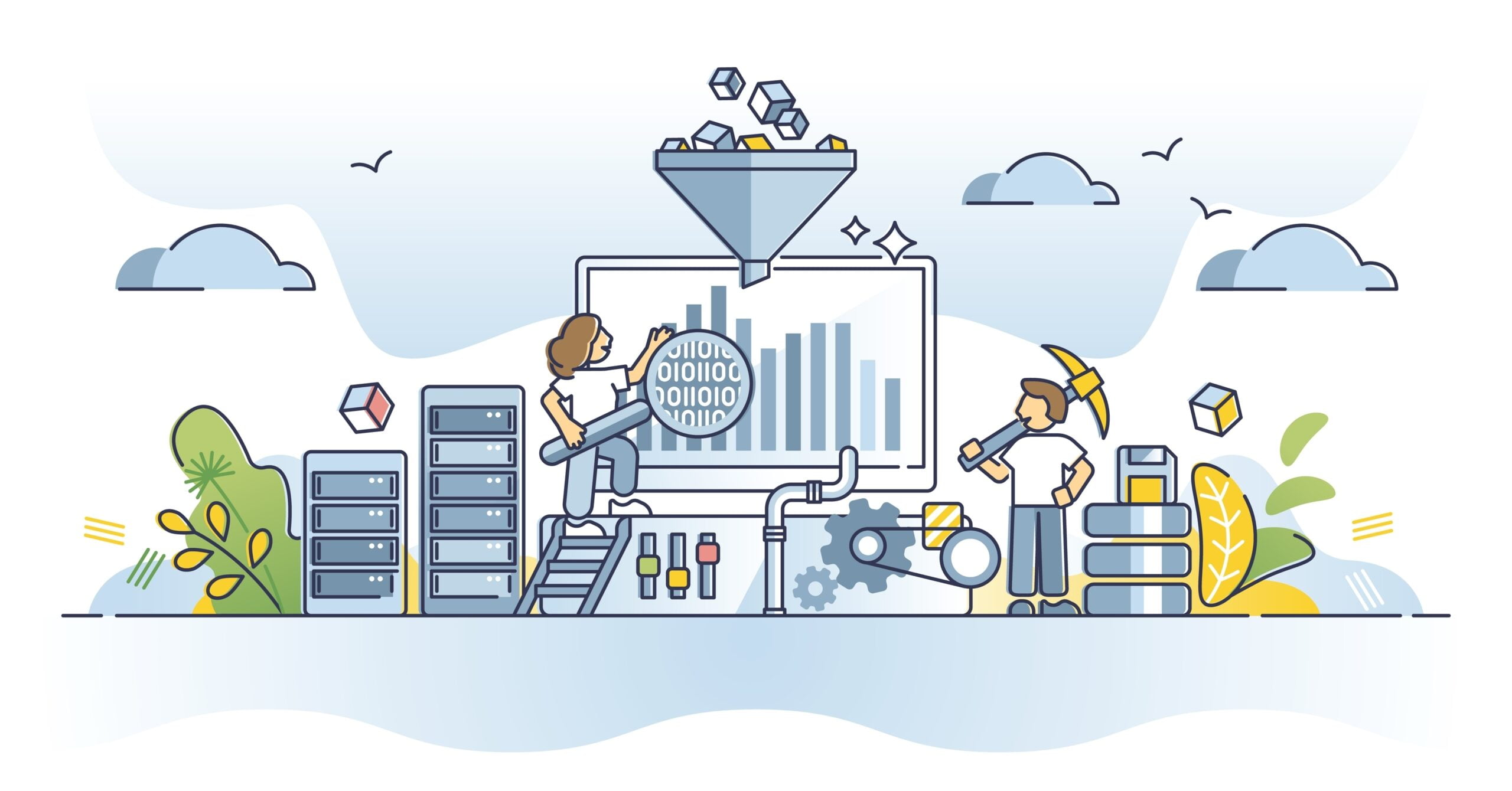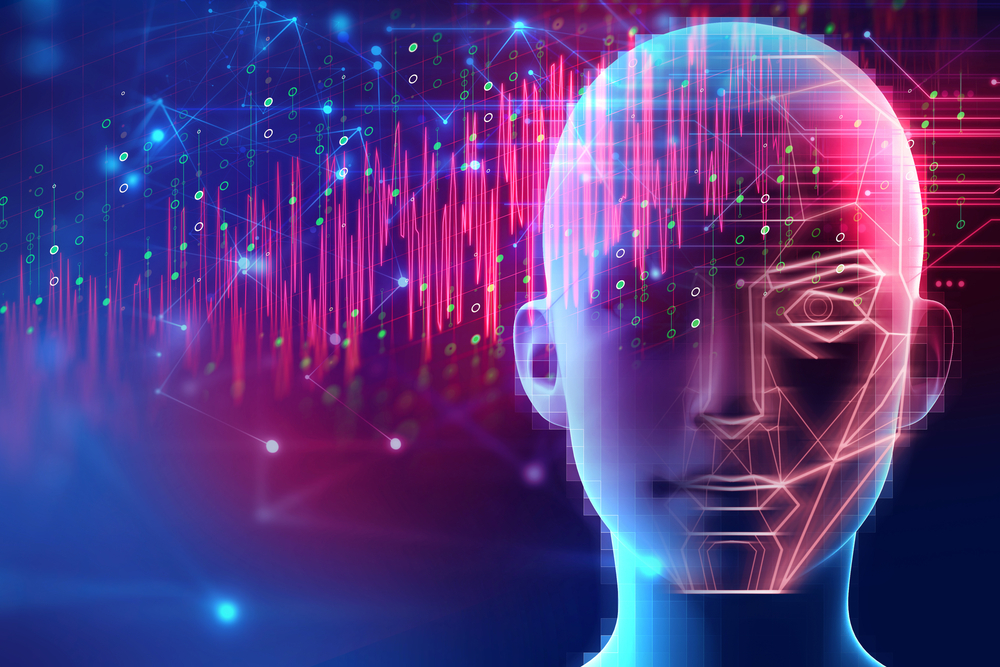Try all of the on-demand classes from the Clever Safety Summit right here.
4 hundred million tons of poisonous waste are produced every year.
Simply think about that for a second — that’s 70 Nice Pyramids of Giza mixed. It’s not one thing most of us bear in mind when ordering a white-chocolate mocha latte in a plastic cup at Starbucks, however waste administration is a big drawback for a whole business tasked with stopping environmental hurt.
Failing to deal with that drawback ends in issues like rising methane emissions, which account for 25% of local weather change. Past local weather change, correctly managing waste administration straight impacts the protection of most people on a direct degree.
Family hazardous waste (HHW), corresponding to flammable or reactive merchandise like paints, cleaners, oils, batteries, and different chemical merchandise, pose a critical danger if not disposed of accurately. Regardless of that, between 20 and 80% of all family waste that’s generated is dumped in open areas, water our bodies, or drains. What’s left is incinerated or buried, in keeping with the U.N.
Occasion
Clever Safety Summit On-Demand
Be taught the crucial position of AI & ML in cybersecurity and business particular case research. Watch on-demand classes at present.
There merely aren’t sufficient people to successfully separate recyclable materials from basic waste, or poisonous waste from different waste. When you can catch the drift right here, that is the place Synthetic Intelligence (AI) may help — and never on the expense of anybody’s job.
The powers of picture annotation
AI permits for a course of generally known as picture annotation, via which a machine can successfully cluster components of a picture that belong to the identical object class. In plain English, this permits waste administration amenities to leverage machines to determine all of the recyclable materials being processed. They’ll then separate it to be repurposed. The system can determine all of the poisonous waste extra successfully than a human.
Annotators use small traces related with vertices to hint the form of objects in digital photographs. Moreover, annotated video helps AI algorithms perceive motion and label every body of video coaching footage. Accurately figuring out the form of streets and roads is beneficial for laptop imaginative and prescient fashions making an attempt to work out if the waste has been dumped incorrectly. Lane annotation provides traces to photographs and frames to indicate the construction of linear objects like roads and railways.
AI-powered digital camera techniques may also assist cities to fight unlawful waste dumping. Utilizing object recognition capabilities, road cameras can determine waste objects which can be cluttering up sidewalks and roads and alert metropolis companies to ship employees to clear them. Avenue-level cameras may have the ability to seize quantity plates utilized by dumpers, permitting fines to be issued and performing as a deterrent.
The very fact is that authorities regulation isn’t significantly thought-about if the issue it seeks to resolve appears unfeasible. And till AI emerged to assist deal with the waste-management drawback, regulation on a worldwide scale has merely been inadequate.
The problem of regulating HHW disposal
The framework to cope with hazardous human waste (HHW) within the U.S. was arrange by the 1976 Useful resource Conservation and Restoration Act (RCRA). In fact, these requirements are solely relevant to the U.S. market. There’s no world standardized definition of HHW, that means that an merchandise could also be hazardous waste in a single nation however not in one other. To make issues worse, most cities can’t afford to supply satisfactory manpower to implement the right disposal of HHW.
In lots of nations, hazardous waste isn’t topic to laws except it’s separated from different family waste gadgets. Thus, it’s tough to craft the right laws to deal with it. Due to this fact, hazardous and non-hazardous waste are sometimes combined collectively and never sorted completely earlier than disposal.
Out of the waste generated by healthcare actions, for instance, about 85% is basic non-hazardous waste. However 15% is taken into account materials which may be infectious, poisonous, or radioactive, in keeping with the World Well being Group. Employees at sorting crops are then unassumingly uncovered to poisonous waste, resulting in main well being points down the road.
The difficulty of HHW shouldn’t be taken calmly. If left unchecked, there are critical repercussions that would show deadly. Not solely are sorting crops (and people they make use of) impacted, everybody in a metropolis who makes use of potable water might really feel the reverberations.
Particularly when taking into consideration how few jobs it could really value — if any — the advantages of AI on this business closely outweigh the draw back.
Arie Zilberman is CEO and cofounder of Keymakr.
DataDecisionMakers
Welcome to the VentureBeat group!
DataDecisionMakers is the place specialists, together with the technical individuals doing knowledge work, can share data-related insights and innovation.
If you wish to examine cutting-edge concepts and up-to-date data, greatest practices, and the way forward for knowledge and knowledge tech, be a part of us at DataDecisionMakers.
You may even take into account contributing an article of your individual!






